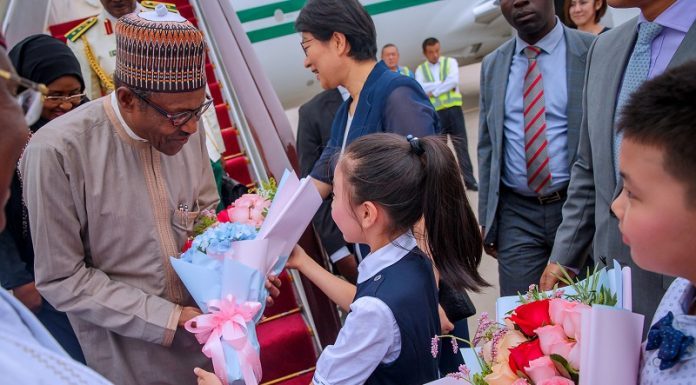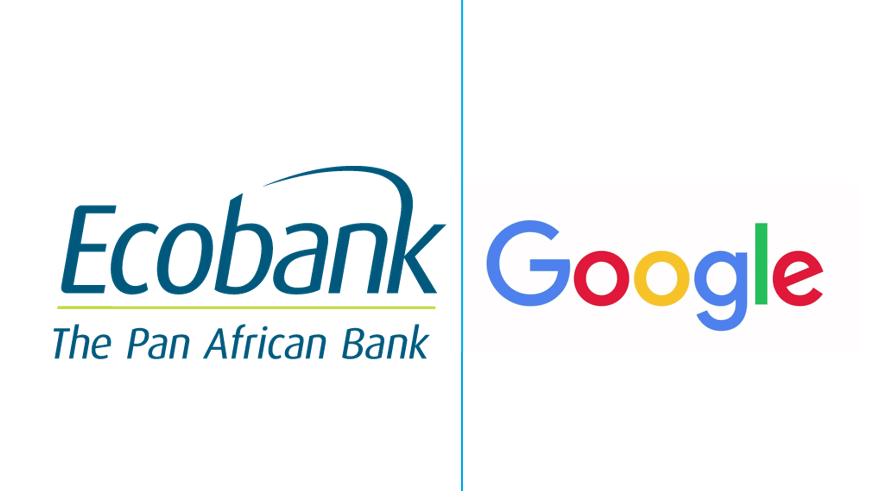Considering rising criticisms against the borrowing spree of the current government from China, the Debt Management Office (DMO) has argued that it borrows from China in order to take advantage of a cheaper source of finance.
However, another reason given by the government for borrowing from China which is to ‘diversify the sources of borrowed funds’, was criticized by finance experts who said such reasons are defeatist in nature and cannot stand the test of time.
Before now, several development analysts who have tracked the deployments of the loans suggest that majority of recent Chinese loans are being used to execute mainly key projects in South-West and North Central.
The experts further advised the federal government to always be mindful of all terms and conditions attached to Chinese facilities than taking everything nook line and sinker.
In a statement issued by DMO, the agency further dismissed insinuations of possible takeover of the economy by China in case of failure to repay the borrowed funds, saying that the possibility of failure did not exist.
But Business Hilights recalls that Somalia is suffering a chunk of Chinese debt crisis over failed repayment plan which caused the takeover of one of its sea port built with Chinese facility.
Apart from Somalia, Zambia is another pathetic case as China took over the nation’s power firm, ZESCO.
The respected Africa Confidential has revealed that talks are underway for a Chinese company to takeover Zambian power utility ZESCO due to exposure to Chinese debt pile up and further warned that Zambia risks losing its sovereignty to China as that country will seize national assets once government defaults on loans.
In a report titled ‘Bonds, bills and ever bigger debts’ published on September 3, Africa Confidential observed that ZNBC was already being run by the Chinese and disclosed that Zesco was also already in talks about a takeover by a Chinese company.
“A major worry of the IMF and US is that China’s BRI strategy is first to encourage indebtedness, and then to take over strategic national assets when debtors default on repayments. The state electricity company Zesco is already in talks about a takeover by a Chinese company, AC has learned. The state-owned TV and radio news channel ZNBC is already Chinese-owned. The long-term outcome could be effective Chinese ownership of the commanding heights of the economy and potentially the biggest loss of national sovereignty since independence,” the report read.
Africa Confidential noted that Zambians would be alarmed to learn the real Chinese debt figures.
“Zambia is a good example of what the International Monetary Fund and the United States Senate are calling a crisis of accelerating developing-country indebtedness to China.
According to the agency, “The DMO has observed that there have been various comments in recent times about borrowing by developing countries from China. The DMO has therefore considered it necessary to inform Nigerians about the government’s borrowing from China.
“Firstly, it should be noted that based on need, and subject to the receipt of requisite approvals, the government may raise capital from several domestic and external sources to finance capital projects in order to promote economic growth and development as well as job creation.
“Regarding external borrowing, the Nigerian government accesses capital from several sources – multilaterals, such as the World Bank and the African Development Bank, as well as bilateral loans from various countries such as France (through the Agence Francaise de Development), Germany (KfW), Japan (Japan International Cooperation Agency), India (India Development Bank) and China (China Export-Import Bank).
“These loans from multilateral and bilateral lenders are typically used to finance specific capital projects across the country. The International Capital Market is another source of capital.”
DMO further noted that “One of the reasons why Nigeria will raise capital from multilateral and bilateral sources is because they are concessional, which means that they are cheaper in terms of costs and more convenient to service, because they are usually of long tenors with grace periods.
“Prudent management of the public debt implies that the government should avail itself of the opportunity to access concessional loans, which deliver twin benefits of being more cost-efficient and supporting infrastructural development.
“Loans from concessional lenders have limits in terms of the amounts that they can provide to each country. This makes it necessary for Nigeria to have several sources for accessing concessional capital to increase the total amount available, and also to avoid undue dependence on only a few sources of concessional funds.
“Borrowing from China Exim is one of such means of ensuring that Nigeria has access to more long term concessional loans. Given the country’s infrastructure deficit, which needs to be urgently addressed, the loans from China Exim, which provide financing for critical infrastructure in road and rail transport, aviation, water, agriculture and power at concessional terms, are appropriate for Nigeria’s financing needs and align properly with the country’s Debt Management Strategy.”
DMO averred that loans from China Exim constituted just one of the sources of multilateral and bilateral loans accessed by Nigeria and represented only about 8.5 per cent of the country’s external debt as of June 30, 2018.









